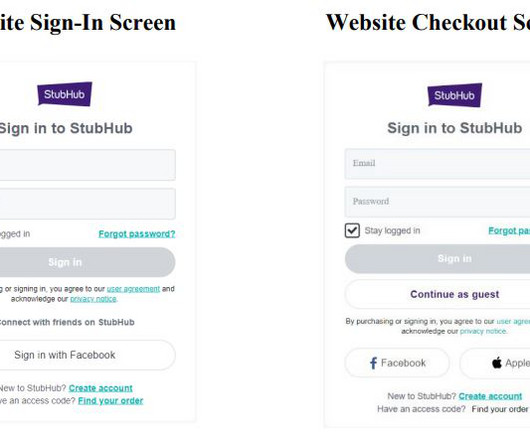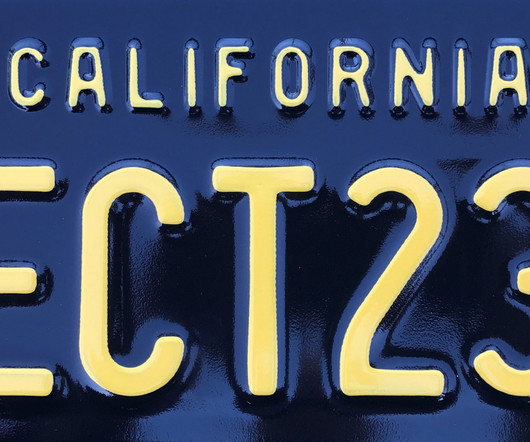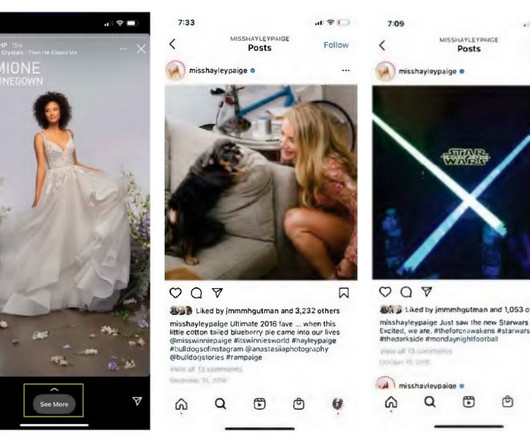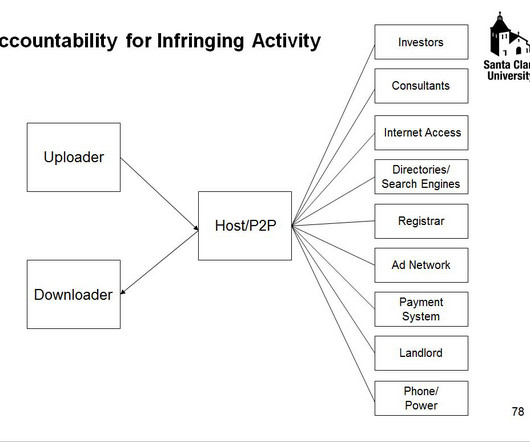More Chaos in the Law of Online Contract Formation
Eric Goldman
AUGUST 11, 2023
Another 3k+ word post about the jurisprudential chaos in online contract formation law. You’ll notice that this post gets increasingly surly as the cumulative effect of the judicial inanity weighed on me. August 9, 2023) This case involves StubHub’s obligations to provide refunds due to COVID cancellations. Citing Sellers v.












Let's personalize your content